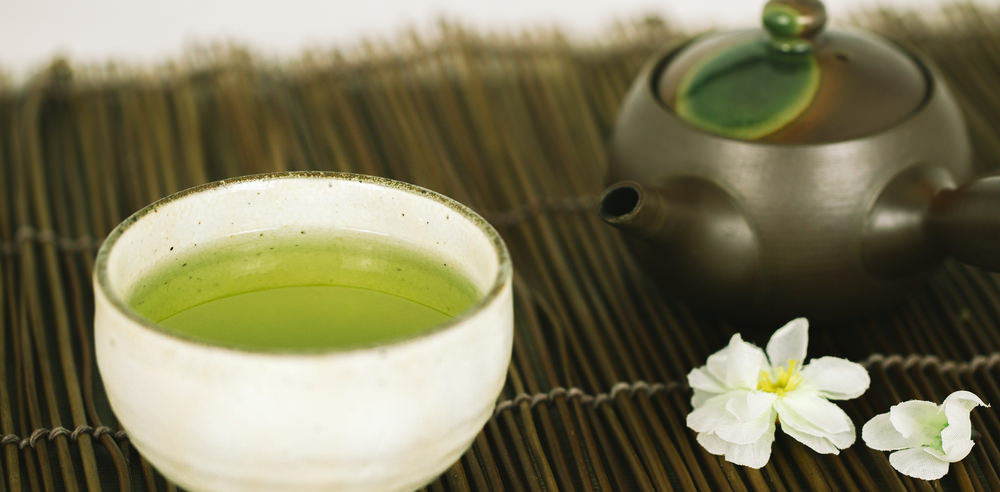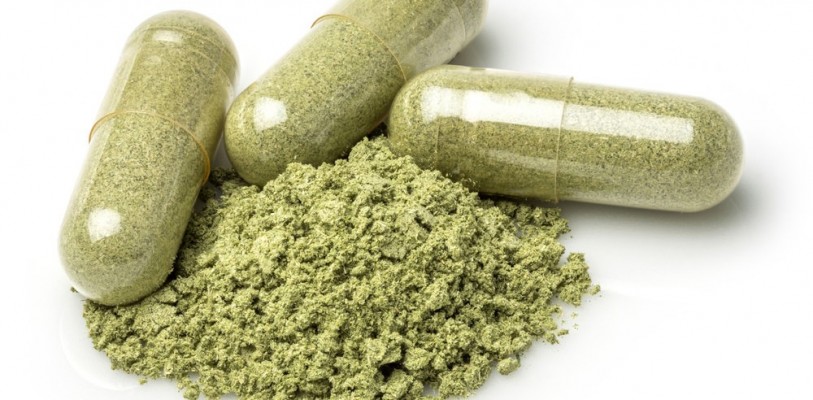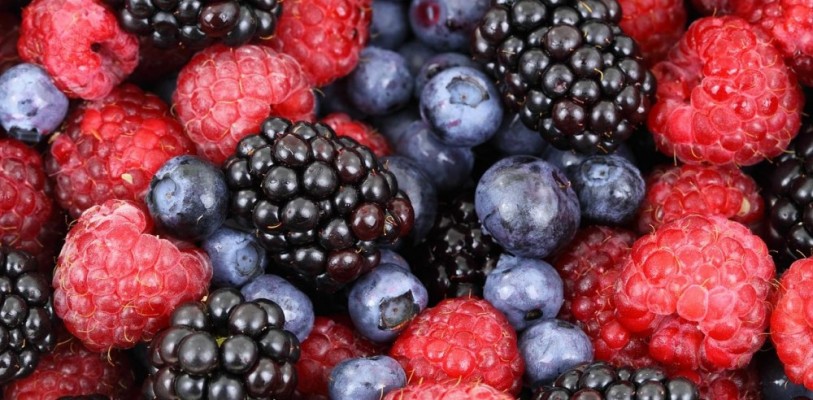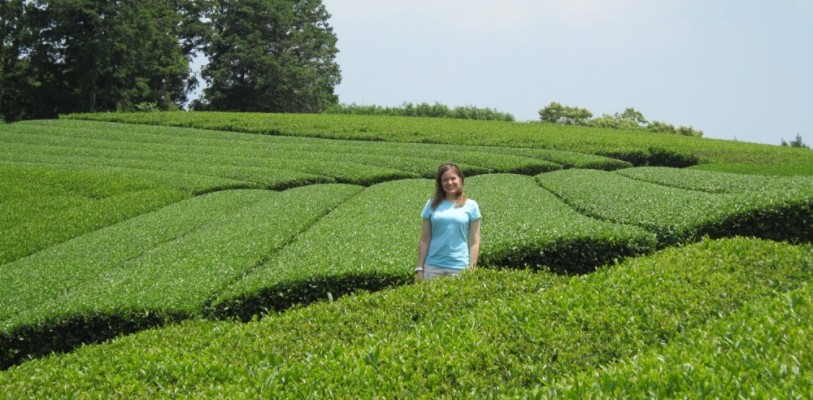
Green tea has long been known for its tremendous health benefits. It’s known to possibly help prevent several types of infections and could potentially lower the risk of cancer, diabetes and heart disease.
However, research from Penn State University and the Food Chemistry journal says that drinking green tea along with an iron rich meal can reduce iron absorption, lower blood iron levels and also cut down on green tea’s health benefits.
Iron is a vital mineral used by our body to form red blood cells and supply oxygen throughout the body. Iron is also required by our body to produce energy necessary to perform daily activities.
A lack of iron could lead to fatigue, shortness of breath, headache, dizziness, difficulty in remembering things and possible iron deficiency anemia.
Several studies report that polyphenols and tannins present in green tea, black tea and coffee hinder iron absorption. This is certainly bad news for people who are prone to iron deficiency anemia.
A study conducted by researchers at Kansas University Medical Center mention that polyphenol containing beverages such as tea, coffee and cocoa are potent inhibitors of iron absorption. Therefore, consuming such beverages in high amounts can lead to iron depletion in the body.
Specifically, with regards to green tea, phenolic compounds (acting as antioxidants) present in green tea leaves bind to dietary iron and significantly inhibit its absorption (up to 28%), according to a study published in the American Journal of Clinical Nutrition in 2001.
In 2008, a study conducted in India on young women highlighted that drinking tea with meals cuts down iron absorption by half. And, ascorbic acid (vitamin C) present in citrus fruits and vegetables boosts iron absorption.
A study from Critical Reviews in Food Science and Nutrition states that ascorbic acid, meat, fish and poultry are iron enhancers that can help in overcoming the inhibition of iron absorption as a result of tea drinking.
Research also suggests that meals high in protein and iron interact with green tea polyphenols and decrease their antioxidant potential. Therefore, you may not get the full benefits out of your green tea.
The following are a few recommendations for green tea drinkers, which can help you maximize the health benefits of green tea without losing out on iron.
Alexandropoulou, I., Komaitis, M., & Kapsokefalou M. (2006). Effects of iron, ascorbate, meat and casein on the antioxidant capacity of green tea under conditions of in vitro digestion. Food Chemistry, 94(3), 359-365.
Hurrell, R. F., Reddy, M., & Cook J. D. (1999). Inhibition of non-haem iron absorption in man by polyphenolic-containing beverages. British Journal of Nutrition, 81, 289-295.
Morck, T. A., Lynch, S. R., & Cook, J. D. (1983). Inhibition of food iron absorption by coffee. American Journal of Clinical Nutrition, 37(3), 416-420.
Samman, S., Sandström, B., Toft, M. B., Bukhave, K., Jensen, M., Sørensen, S. S., & Hansen, M. (2001). Green tea or rosemary extract added to foods reduces nonheme-iron absorption. American Journal of Clinical Nutrition, 73(3), 607-612.
Thankachan, P., Walczyk, T., Muthayya, S., Kurpad, A. V., & Hurrell R. F. (2008). Iron absorption in young Indian women: The interaction of iron status with the influence of tea and ascorbic acid. American Journal of Clinical Nutrition, 87, 881-886.
Zijp, I. M., Korver, O., & Tijburg, L. B. M. 2000. Effect of tea and other dietary factors on iron absorption. Critical Reviews in Food Science and Nutrition, 40(5), 371-398.


